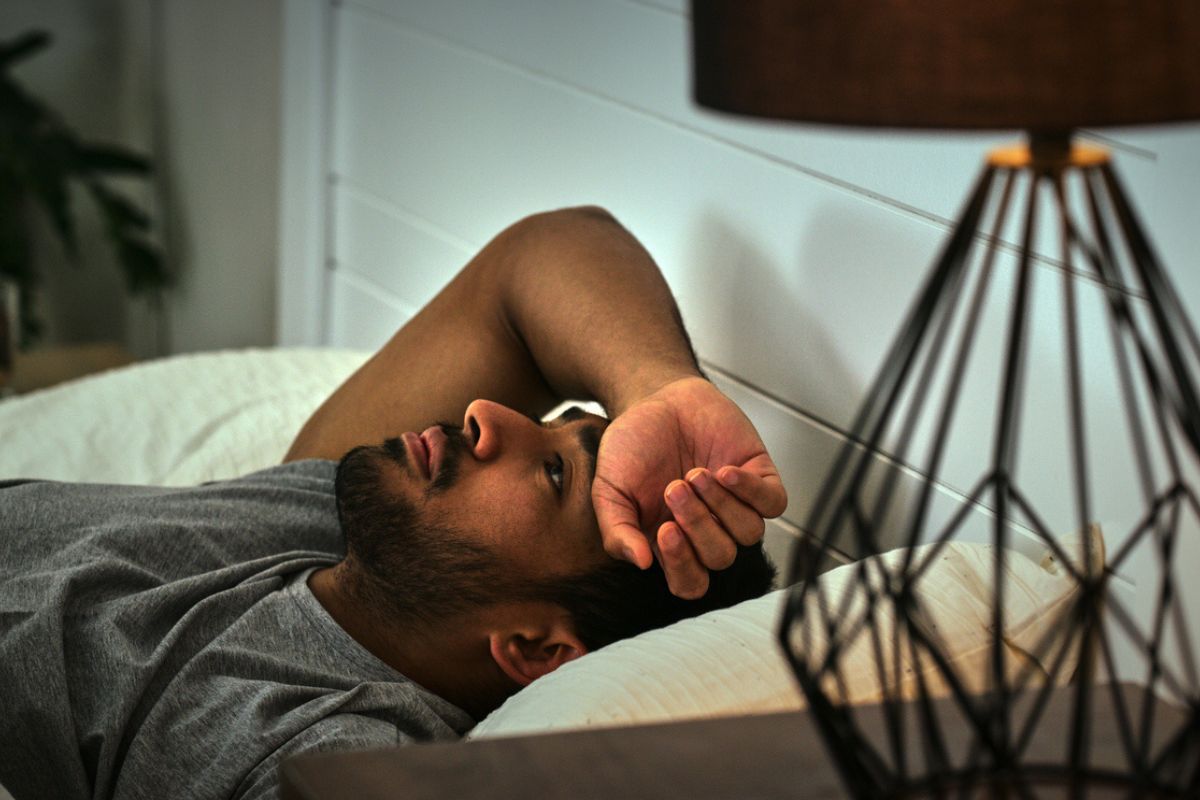One of the most important things we can do for our health involves doing nothing at all. Not consciously, anyway. Research has consistently shown that a lack of productive sleep threatens cognitive functions, memory, and emotional stability. Studies have linked problems like insomnia to anxiety and depression. It’s also shown to exacerbate other conditions, such as bipolar disorder and schizophrenia.
Most recently, researchers have uncovered connections between sleep and chronic social media use, nighttime screen use, and even loneliness.
The Journal of Clinical Psychiatry and The Primary Care Companion for CNS Disorders has published multiple studies on the topic. This week, we’re offering summaries of some of the most recent findings. We’ve presented those here – with links – for further review.
Sleep Disturbances and Stress Universal in Substance Use Disorders
Studies show that substance use disorders (SUDs) remain tied to stress and sleep problems, especially insomnia. These issues appear to be increasingly prevalent among those seeking SUD treatment. They’re also a persistent threat to securing – and sticking with – sobriety.
Research suggests that poor rest at night and high stress are linked bidirectionally – two sides of the same coin. While earlier research looked more at specific substances, little research has come to light regarding the intricacies of the relationship between sleep, stress, and SUDs. Some have suggested variances are a result of specific substances and the unique physiological effects and withdrawal symptoms related to each. For example, research shows that opioid use disorder (OUD) causes more than other SUDs.
Researchers launched this study to examine whether there are notable differences between sleep and stress across various SUDs during early treatment. The researchers also wanted to see how these associations might evolve as time goes on.
Leveraging data from a large sample of residential treatment patients, the study’s authors found consistent bidirectional relationships between sleep and stress across specific substances, suggesting sleep disturbances are, in fact, a universal feature of SUDs in general.
The results hint that interventions targeting sleep disturbances could help recovering patients, regardless of the SUD. They also suggest that treatment targeting sleep issues could help ease stress levels and sway overall outcomes.
The study’s authors insist that future research could shed more light on these connections – especially in less controlled settings.
Shorter Sleep Duration Linked to Increased Short-Term Suicide Risk
Successful intervention, when suicidal ideation (SI) starts to accelerate, can stave off suicide attempts. But, SI can escalate rapidly, which can make intervention tricky. So, recognizing the early warning signs can be a matter of life and death.
Sleep duration is one of those potential red flags of short-term suicide risk. New research shows a clear link between a lack of rest – whether that’s illustrated subjectively or objectively –and suicide-related thoughts and behaviors. And even though most research has historically looked at longer-term side effects, evidence shows that sleep duration might also point to short-term shifts in suicide risk.
Disrupted sleep cycles can hamper cognitive control and emotional regulation, both of which contribute to higher suicide risks. Specifically, a new study found that interrupted sleep duration predicted greater severity of next-day SI. This elevated risk persisted even after controlling for other psychiatric symptoms. This underscores the potential of sleep duration as a reliable indicator of short-term suicide risk.
But relying solely on single-night sleep estimates might not accurately reflect the cumulative effect of sleep loss. A more dependable barometer might be a cumulative measure of sleep duration over multiple nights. And research suggests that such cumulative measures are linked to behaviors like aggression and might forecast short-term SI more accurately. These results suggest that monitoring sleep patterns might be helpful for caregivers to anticipate and mitigate suicide risks.
Study Links Short Sleep Duration at Admission to Longer Hospital Stays in Mania Patients
Finally, PCC published a paper in February that sought to examine sleep duration in bipolar disorder patients at intake and what it means for their recovery. The research looked at patients hospitalized for manic episodes and compared it to those hospitalized for major depressive disorder (MDD).
The study’s authors collected data – retrospectively – from patients admitted to the Mayo Clinic’s Acute Psychiatric Care Unit between 2018 and 2021. The researchers gathered sleep data from nursing logs and calculated duration by averaging the total sleep time during the early and late stages of hospitalization. It’s worth noting that the researchers eliminated the first and last nights from their data.
The research project – which included 41 bipolar patients and 38 MDD patients – revealed no observable difference in sleep duration at admission or discharge rates between the groups.
But another trend emerged that pointed to greater improvement in sleep duration during hospitalization in patients struggling with mania. Notably, less time spent sleeping at admission corresponded to a longer hospital stay for patients with mania, suggesting it also might hint at more serious symptoms.
Patients with mania received higher doses of antipsychotics and benzodiazepines compared to those with MDD, which could have had an impact on sleep duration.



